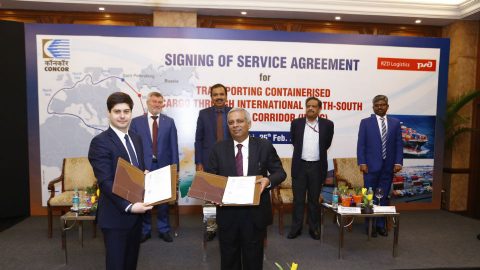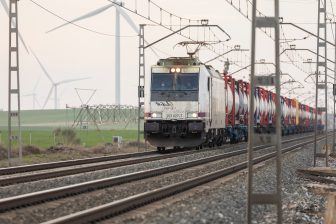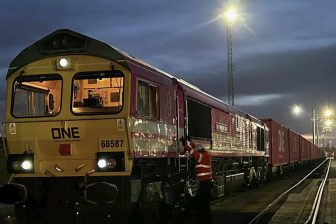
Indian container provider brings fleet to Russian-Indian corridor
The Container Corporation of India Limited (CONCOR) is to provide its container fleet and equipment for freight transportation on the North-South International Transport Corridor. This corridor connects India, Iran, Azerbaijan and Russia. The company concluded this in an agreement with Russian logistics operator RZD Logistics JSC.
In addition to providing containers for use at the North-South International Transport Corridor, CONCOR will organise local logistics services in India, as well as provide sea freight. RZD Logistics, in turn, will be responsible for organising freight handling at the multimodal transfer points and container transportation by rail.
Partnership
“This agreement was a logical continuation of cooperation between RZD Logistics and CONCOR Container Corporation of India. Last year, our companies already agreed to explore the possibility of developing joint logistics projects at the corridor by signing the corresponding memorandum of understanding.
“Since then, we have reached an agreement with the Indian side on a number of issues, including the use of CONCOR equipment, which will undoubtedly accelerate our joint work on organising container transportation at the corridor”, noted Dmitry Murev, CEO of RZD Logistics.
The corridor
The North-South International Transport Corridor is a 7,200 kilometer-long freight route connecting India, Iran, Azerbaijan and Russia via ship, rail and road. The line should reduce journey times between Mumbai and Moscou from forty to fourteen days. The main objective of the corridor is to provide an alternative to the traditional routes carried out by sea through the Suez Canal and the Mediterranean and the Baltic Sea.
The line is already operative but will reach its full potential upon completion. The main missing link is the Rasht-Astara railway line in Iran, to be completed in a year. Two other vital links were delivered in 2018; one connecting Astara in Azerbaijan and the city with the same name in Iran, and another one connecting the Iranian cities of Rasht and Qazvin. Eventually, the infrastructure should be able to handle 15 million tonnes of freight per year.





